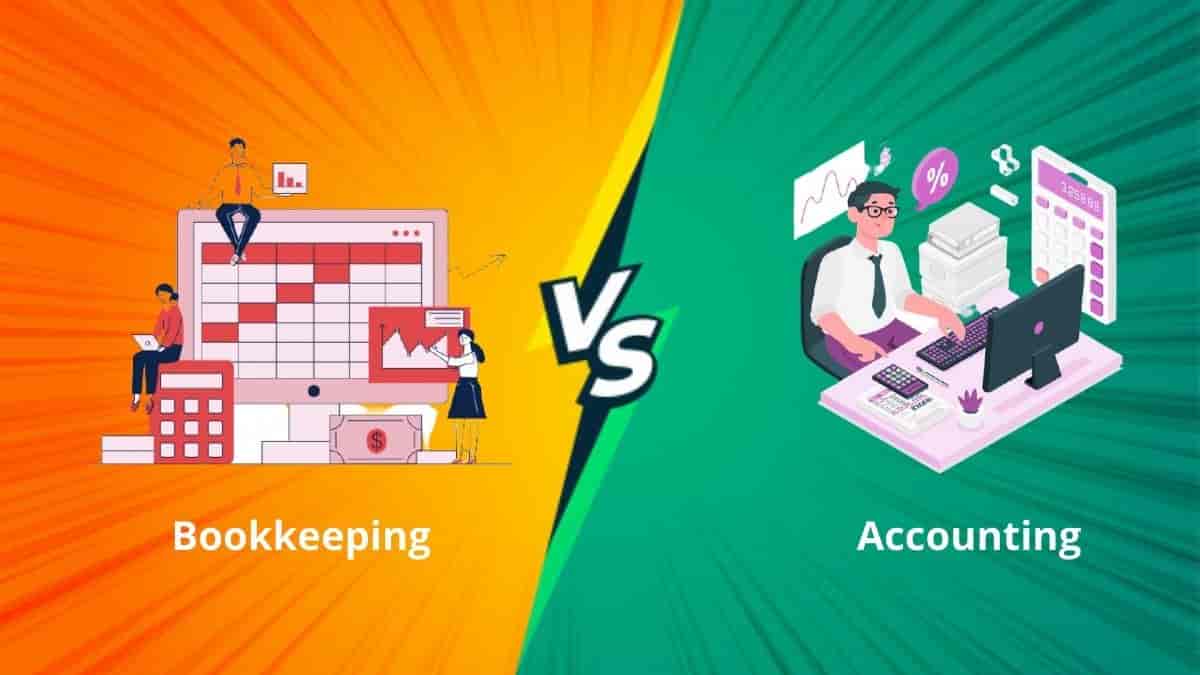
If you’re a business owner, understanding the differences between bookkeeping and accounting can be confusing. Learn the differences between bookkeeping and accounting, including their respective roles and responsibilities. Accounting: What Are the Key Differences? To find out more about becoming a bookkeeper or accountant, have a look at our range of online AAT courses, or contact our expert AAT course advisors for advice.Bookkeeping vs. Highly experienced chartered accountants can earn as much as £85,000 per year, according to Graduate Prospects. Accountants are so valuable to a company that many actually go on to fill senior management roles.īookkeeper | Typical salary: £15,000 to £31,000 *Īccountant | Typical salary: £18,000 to £51,000*įigures according to, as of September 2016.įor accountants with more experience and additional qualifications, these figures can be much higher. However, accountants - particularly chartered accountants - have the potential to earn a much larger salary and progress further up the career ladder. Advising business owners or CEOs on the financial implications of major business decisionsīoth bookkeepers and accountants make a good living.Preparing and filing income tax returns.Drafting financial statements on behalf of the company.Analysing costs and assessing the financial health of a company.Processing and preparing: customer and supplier invoices, credit notes, expenses, receipts and payments.Balancing accounts through double-entry bookkeeping.Bookkeepers are tasked with organising and recording a company’s finances (sales, expenses, petty cash usage, etc.), and accountants use those records to perform more complex financial processes, such as filing returns, preparing final accounts and analysing budgets. While accountants often do a certain amount of bookkeeping, their skills typically exceed those of a bookkeeper. What role will you play in an office? What will your daily tasks be? Of course, if you’re debating whether to become a bookkeeper or an accountant, one area to look at is the nature of the work itself. Many accountants also choose a specialism, such as auditing, tax or management. Qualified accountants can continue their training to gain chartered status from ICAEW, ICAS, ACCA, CIMA or CIPFA. A qualification from a recognised accounting body, such as AAT, the Association of Accounting Technicians.A university degree in accounting and finance.
Bookkeeping vs accounting salary professional#
A qualification from a professional accounting or bookkeeping body like AAT or IAB – for example, the AAT Level 2 Certificate in Bookkeeping.An interest and proficiency with numbers/mathematics.Certain employers don’t require bookkeepers to have any formal qualifications, whilst accountants will always need to have reached a certain level of training. One of the biggest differences between a bookkeeper and an accountant is the amount of training each need in order to get a job. So which one is right for you? We’ve highlighted the main differences to help make your decision easier.



However, although the two professions often intertwine, accountants and bookkeepers tend to play rather different roles in a company. Bookkeepers and accountants both need a knack for numbers and a keen eye for detail, so if you’re drawn to one profession, you’re likely drawn to the other too.


 0 kommentar(er)
0 kommentar(er)
